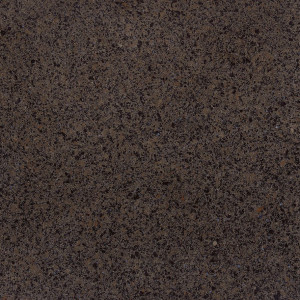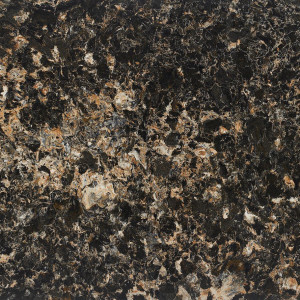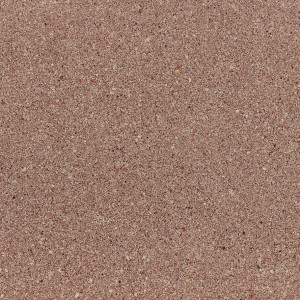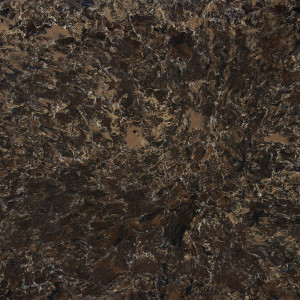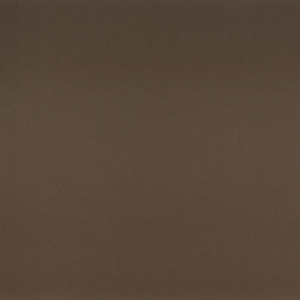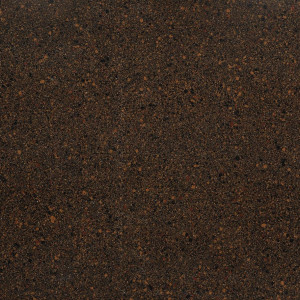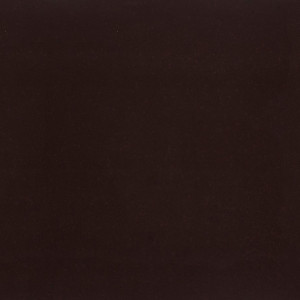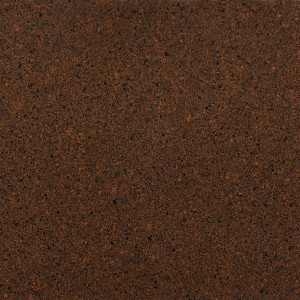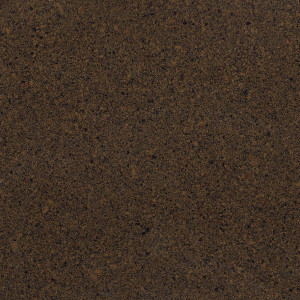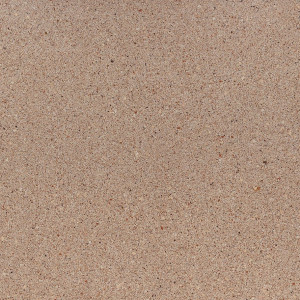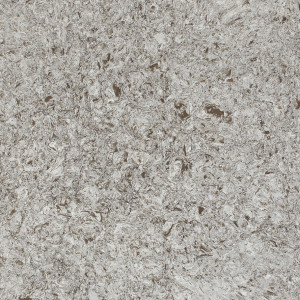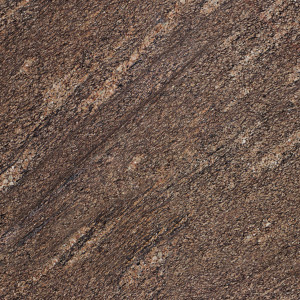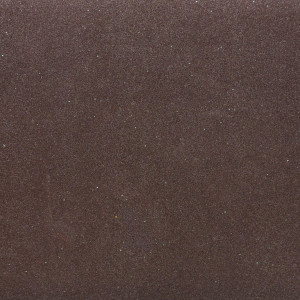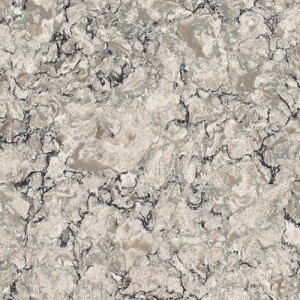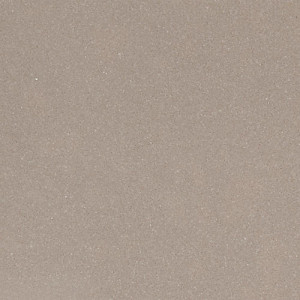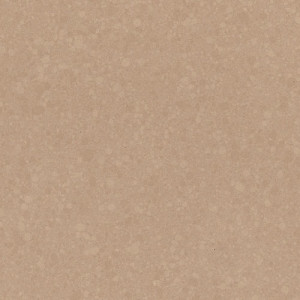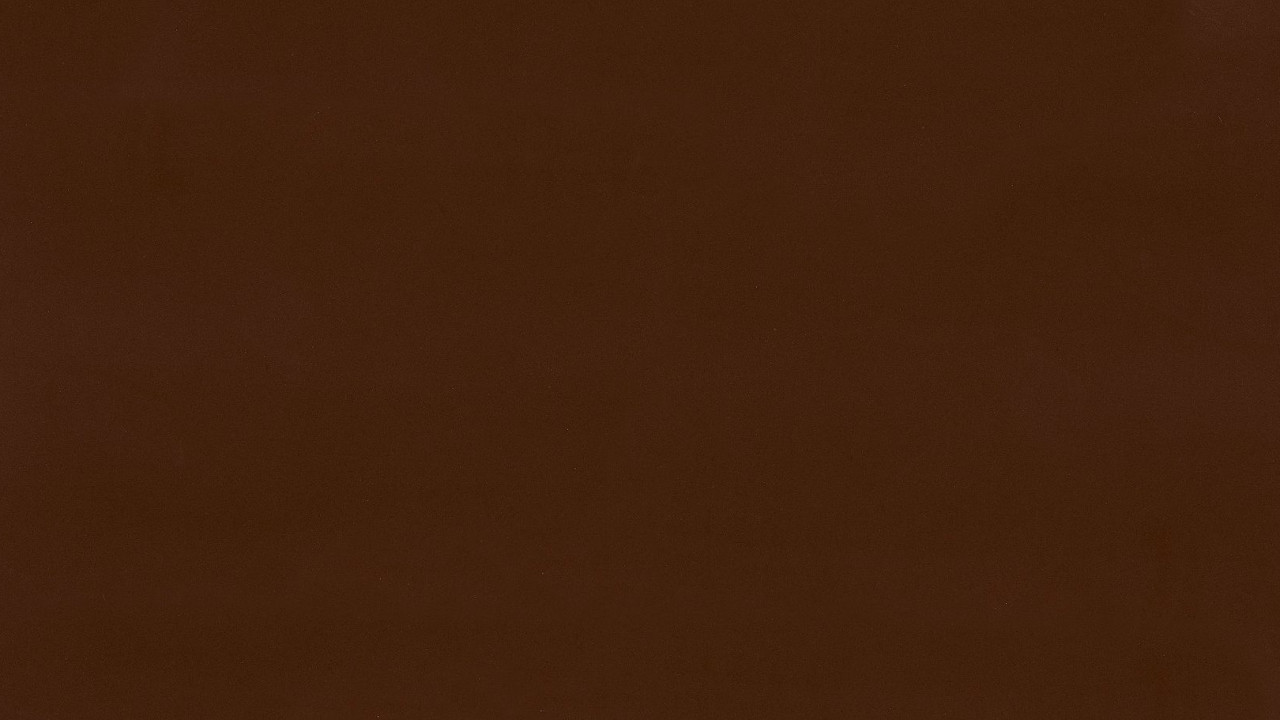
Hazelford Quartz
The Hazelford is completely dark brown and has a full hazel backdrop. The texture of this stone is smooth and almost resembles a velvet appeal. Almost leathery by design, the Hazelford is inspired by the East Midlands of England and like a leather brown saddle, the Hazelford is a prime example of luxury and opulence.
The unique texture and color will help you with complementing darker woods for cabinets and other furnishing pieces. Darker cabinets can include the most sublime colors, like mahogany or red oak. By using certain palettes, you can complement the appearance of the Hazelford and create an unpretentious setting around your indoor space. The Hazelford can be quite singular in regards to the color scheme, however, the unilateral appeal of the well-worn leather saddle look that binds a multitude of decor elements together. The Hazelford is suitable for homes with a rustic setting or depending on the accents homeowners plan on installing, could be well-suited for modern and contemporary settings as well. Homeowners will feel the depth of the colors due to the complete veracity that the Hazelford offers to add to one’s indoor space.
Material Type: Quartz
Country of origin: Other
Colors: Brown
- 1. Do quartz countertops need to be sealed?
- Quartz is a non-porous material and therefore it does not need to be sealed.
- 2. Is quartz heat resistant?
- While quartz countertops can withstand some heat, it is always recommended to use trivets when placing hot objects on quartz countertops.
- 3. Can I cut on a quartz countertop?
- Quartz is scratch resistant, however it is always recommended to use a cutting board when cutting on the countertops.
- 4. Is quartz stain resistant?
- Yes, unlike natural stone, quartz is resistant to most common types of stains.
- 5. Where can I install quartz?
- Quartz can be installed on most surfaces around the home, including kitchen countertops, backsplashes, vanity tops and more.
- 1. Do you provide free samples? How many samples can I take?
- At marble.com samples are free, and we encourage our clients to take up to ten samples per visit.
- 2. What materials can I find at your facilities?
- All Marble.com facilities carry slabs of granite, quartz, quartzite, marble, soapstone, slate, limestone, and travertine. Our Ridgefield Park yard has the largest selection, also offering slabs of gemstone, porcelain, and glass.
- 3. Why should I see a slab in person?
- Since every slab of natural stone is completely unique, we recommend visiting one of our facilities to see slab patterns and variations in person.
- 4. Where does your material come from?
- At marble.com we source our stone only from the most reputable quarries from around the globe, including those from Italy, Spain, Brazil, and India.
- 5. Why is some stone more expensive than others?
- Stone slabs that are extremely rare and boast unique colors tend to be more expensive than commonly found stone.
- 6. Do I have to seal natural stone?
- We do recommend sealing natural stone countertops periodically, the frequency of sealing the stone depends on the material.
- 7. What is a honed finish?
- A honed stone finish refers to the smooth, matte surface of the material, which creates a visibly lighter and softer tone. While honed finish might be an ideal design choice for some homeowners, it also makes the stone more susceptible to staining and etching.
- 8. Can a chip on my countertop be repaired?
- Most chips, smaller than a dime in diameter, can be repaired by the homeowner using a chip repair kit. We do recommend professional service care for larger chips.
- 9. Can I install my own countertops?
- We recommend professional installation, completed by our trained technicians for all major projects, however some smaller pieces may be installed by the customers.




 Facebook
Facebook
 Twitter
Twitter
 E-mail
E-mail
 LinkedIn
LinkedIn
 Pinterest
Pinterest
